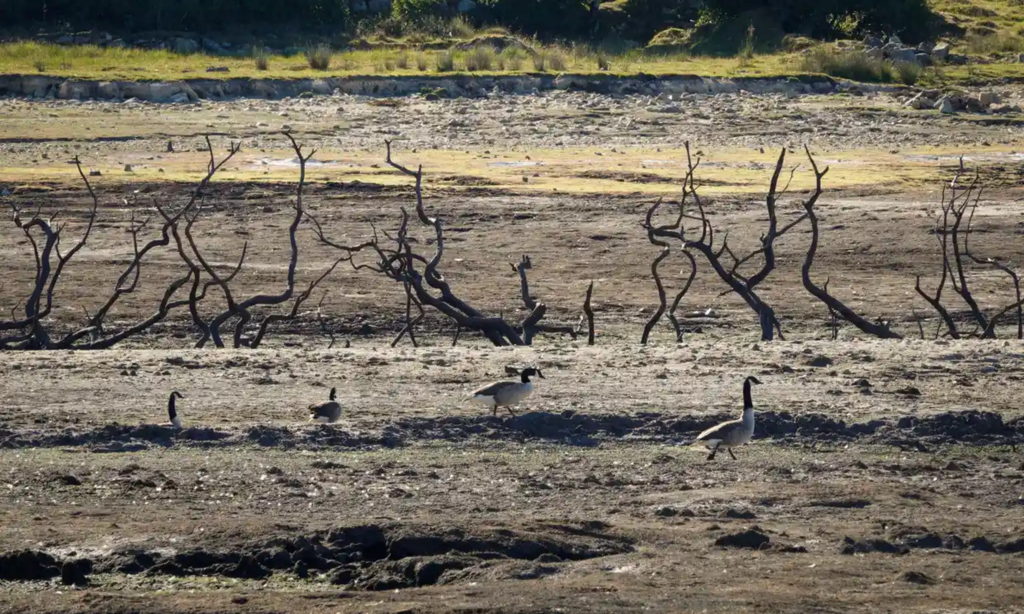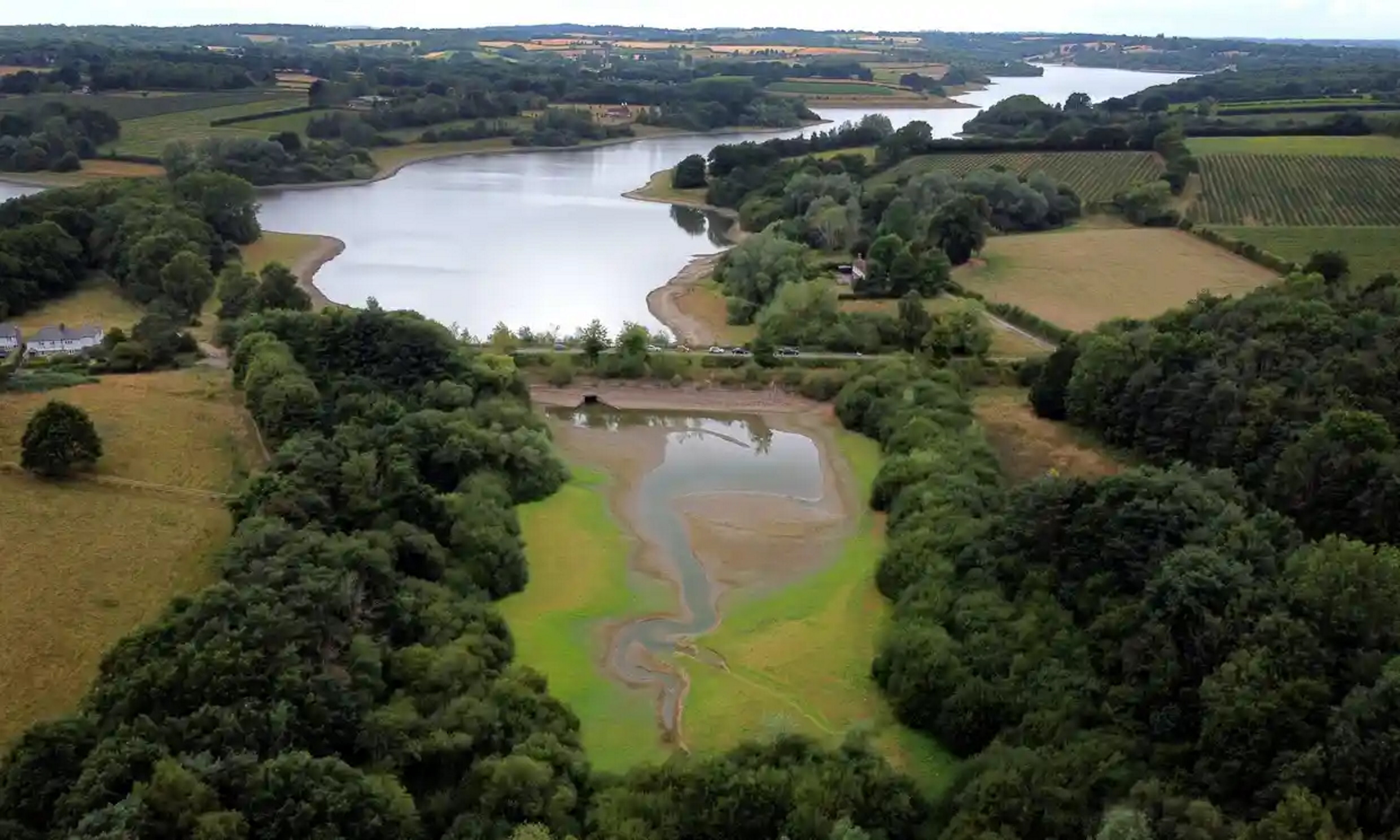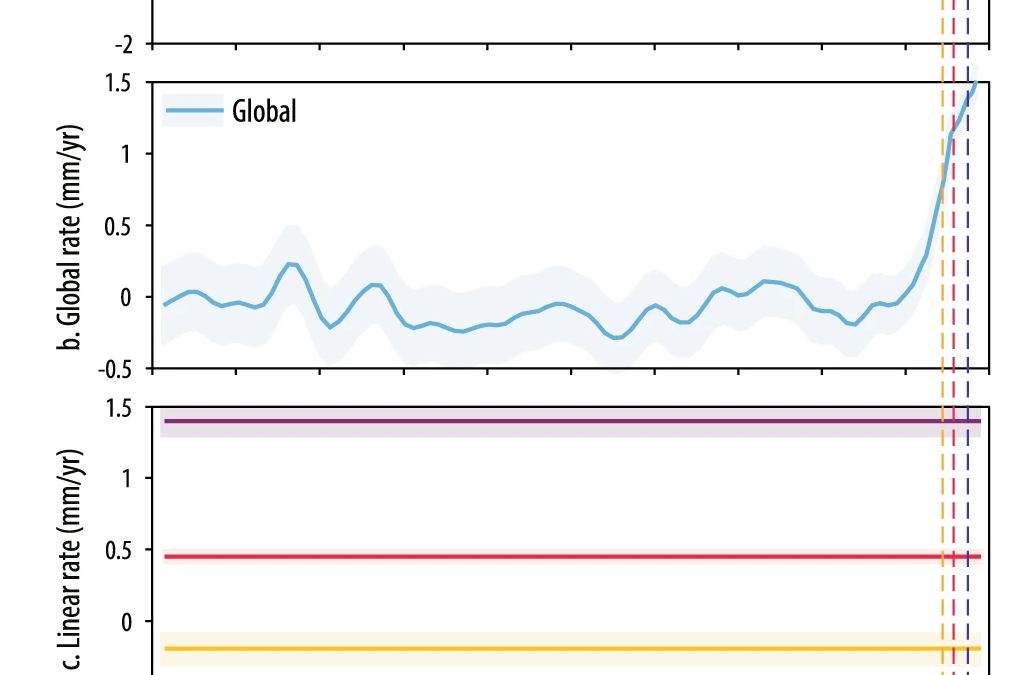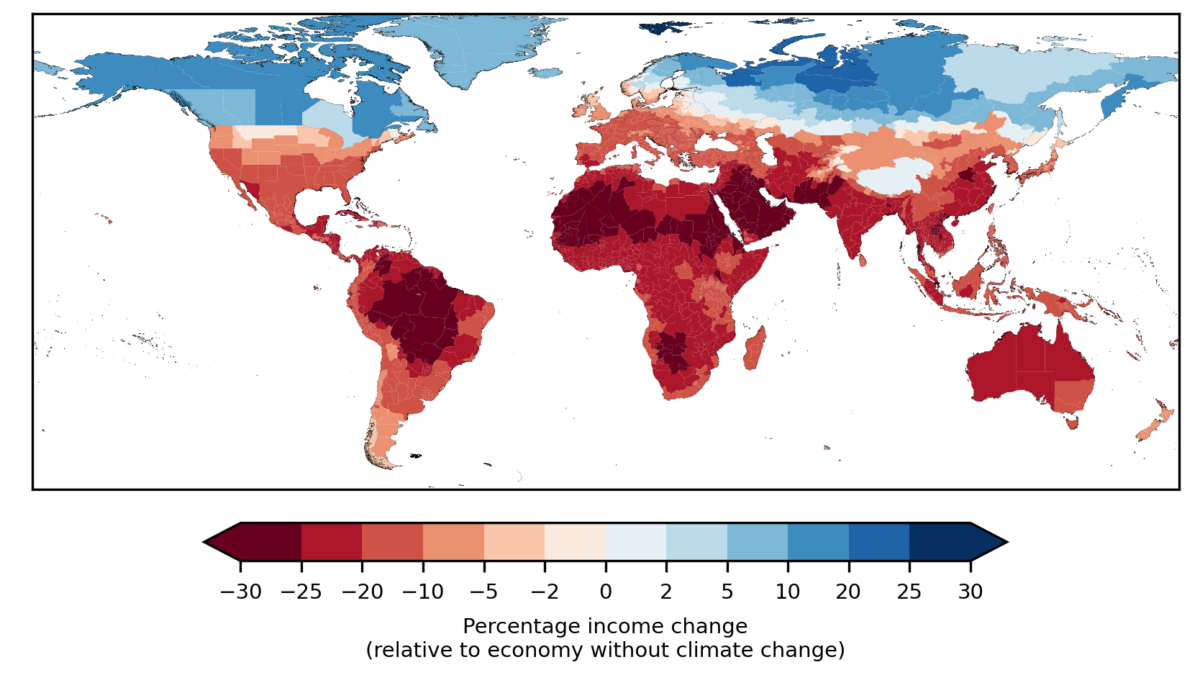Drought in England could carry on into new year, experts warn – “If this weather persists, we will need a winter far wetter than average to recover”

By Helena Horton and Fiona Harvey
14 August 2022
(The Guardian) – South-east England could be tipped into severe and devastating drought without above-average rainfall this winter, while current water use restrictions in London and surrounding areas are expected to last until the new year even if rainfall returns, ministers have been told. Severe drought would mean even tighter restrictions, such as bans on non-essential uses of water including cleaning windows and filling and maintaining swimming pools.
Though it is too soon to forecast weather for this winter, anything less than substantial rainfall could lead to London being placed under much stricter measures next year, experts have told the Observer. One Whitehall source said officials were being told to prepare for a potential severe drought throughout the south-east.
Drought falls into four categories: prolonged dry weather, drought, severe drought and recovering from drought. If autumn and winter do not produce substantial heavy rain, ministers have been warned, in a briefing seen by the Observer, then the south-east could reach severe drought early next year, necessitating far greater restrictions on water use.
River flows are now lower than those seen in 2012, when drought was declared in February after a dry winter, and London came close to severe water shortages just months ahead of the Olympics. Tony Juniper, chair of Natural England, said: “We were saved by extreme rain from April 2012, which meant low flows instead of London closing down.” Of the several near-droughts in recent years, he said, “this one is far and away the worst so far”.
The impact is likely to hit the natural environment and farming harder than households, according to Alastair Chisholm, director of policy at the Chartered Institute of Water and Environmental Management. Water companies will do all they can to avoid rationing or standpipes, but farmers can expect less favourable treatment. “The environment, farming and everything else just goes out of the window when compared with public health, and the need to keep people’s water supplies running,” he said.

Ministers were briefed this week that farmers – facing the ruin of up to half their crops – have in effect only one month’s water left, as abstraction levels are now as high as they would normally be in November, the Observer can reveal. Conservation groups have also warned some rivers are reaching “the point of no return” as they dry up into stagnant pools.
Drought was officially declared on Friday in eight out of the 14 areas of England, with more under review, after a meeting on Friday of the National Drought Group, made up of the Environment Agency and other officials, water companies, the water regulatory Ofwat, farming leaders and conservation groups. Thunderstorms expected from Sunday will do little to alleviate the dry conditions, as rain runs off dry and compacted soil, and flash flooding is possible.
Five water firms have announced hosepipe bans so far, but farmers have called for more. Although officially the bans can be lifted as soon as the situation improves, in the badly affected south-east of England local officials are preparing for restrictions to last as late as Christmas or the new year, the Observer has learned.
Liz Stephens, associate professor of meteorology at Reading University, said winter would be decisive. “We are very concerned over what the next few months will hold. If we get below average rainfall in autumn and winter, we would be in a very serious situation by spring.” He added: “If this weather persists, we will need a winter far wetter than average to recover.” [more]
Drought in England could carry on into new year, experts warn


